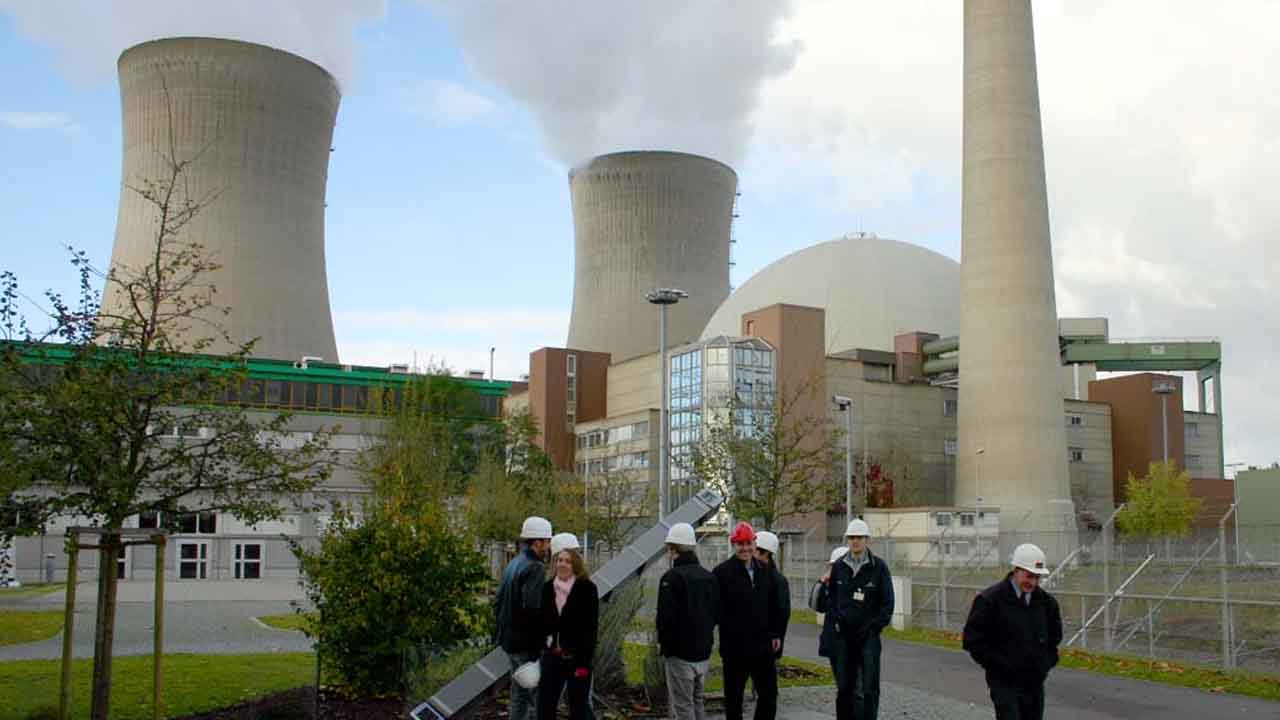Germany on Friday shut down half of the six nuclear plants it still has in operation, a year before the country draws the final curtain on its decades-long use of atomic power.
The government decided to speed up its phasing out of nuclear power following Japan’s Fukushima reactor meltdown in 2011 when an earthquake and tsunami destroyed the coastal plant in the world’s worst nuclear disaster since Chernobyl 25 years earlier.
The reactors of Brokdorf, Grohnde and Gundremmingen C, run by utilities E.ON and RWE, will be shut down on Friday after three-and-a-half decades in operation. The last three nuclear power plants — Isar 2, Emsland and Neckarwestheim II — will be turned off by the end of 2022.
The closures take place as Europe faces one of its worst-ever energy crises and as nuclear power is, once again, gaining support as it produces significantly less carbon dioxide. The plants in Brokdorf in the northern state of Schleswig-Holstein, Grohnde in Lower Saxony and Unit C at Gundremmingen in Bavaria in the south are being taken off the grid.
Germany has set itself a dual goal with its energy transition, or Energiewende: The country wants to move from fossil fuel-based energy generation to a largely carbon-free energy sector while also phasing out nuclear energy by 2022. What many international observers have portrayed as a panic reaction following the Fukushima disaster in 2011 actually has a long history and is deeply rooted in German society.
Anti-nuclear movements started in Germany in the 1970s when local initiatives organised protests against plans to build nuclear power stations. Rallies and legal challenges against individual projects were supported locally across party lines. In 1975, 28,000 protesters occupied the construction site of a nuclear power plant in Wyhl (in the southwestern state of Baden-Württemberg) and managed to stop construction. After the accident at the U.S. nuclear power plant Three Mile Island in 1979, around 200,000 people took to the streets in Hannover and Bonn, demonstrating against the use of nuclear power.





























